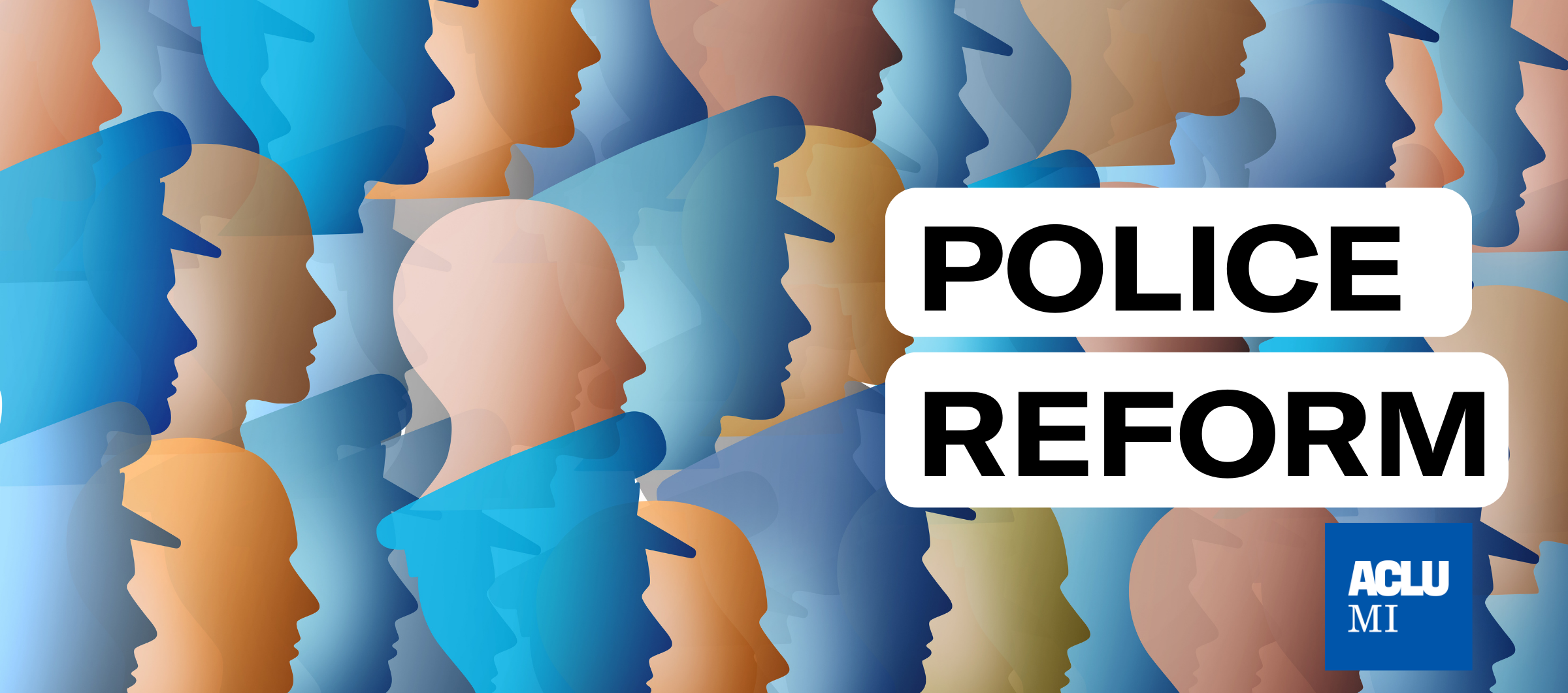This op-ed was first published in Between The Lines 06/24/22.
It is an all-hands-on-deck moment in Michigan and our nation. Today’s opinion from the U.S. Supreme Court overturning Roe v. Wade should be a siren blaring in the night, waking people up from every corner of the country and motivating them to take action — including LGBTQ+ people. A majority of the justices have undone almost 50 years of legal precedent affirming that access to abortion is a constitutional right.
Here’s how the LGBTQ+ community is impacted and the easy steps we can all take to fight back:
The right to abortion affects everyone who can become pregnant. Even if you never foresee having an abortion, you may need access to this constitutional right one day. A majority of LGBTQ+ people can become pregnant, and LBQ women and trans men of childbearing age access abortion services at similar rates to heterosexuals, according to the Williams Institute, a UCLA School of Law think tank that researches LGBTQ-related issues.
The right to same-sex marriage is also under threat. Once the Court takes away an already established constitutional right, there’s good reason to fear it won’t stop with abortion. Justices Alito and Thomas have already called for the Court to revisit Obergefell v. Hodges, the 2015 decision that recognized the right of same-sex couples to marry. The current Court’s willingness to disregard legal precedent and the open hostility some justices have shown toward LGBTQ+ civil rights issues, means that now everything is on the chopping block — including the hard-won rights our community fought so long to achieve.
Other constitutional rights, like the right to contraception, are also at risk. The Roe decision is based on the constitutional right of privacy — protecting an individual’s right to make very personal decisions about their pregnancy. That same due process right of privacy is the basis for other Supreme Court decisions such as Griswold v. Connecticut (1965), which affirmed the right of married couples to use contraception, and Lawrence v. Texas (2003), which struck down as unconstitutional, same-sex sodomy laws that were used to justify all forms of discrimination against LGBTQ+ people. These landmark decisions, along with others, could also be at risk.
By no means is this list exhaustive, but it’s enough to be alarmed by the direction a majority on the Court has taken us. If they are willing to ignore the fact that seven out of 10 people in the U.S. support the freedom to choose what happens to their body, then there’s no limit to the scope of their attack on our rights.
How you can fight back
The ACLU of Michigan recently scored an important victory when a Court of Claims judge issued a preliminary injunction blocking implementation of a 1931 law, which bans abortions, should the Supreme Court overturn Roe. That ruling will remain in effect while that case is in progress.
But that court case, filed on behalf of Planned Parenthood of Michigan, is only one aspect of the fight to keep abortion legal in our state.
Michiganders are also taking matters into our own hands by supporting Reproductive Freedom for All (RFFA), a campaign to amend our state constitution to ensure abortion and other reproductive rights remain in place regardless of what the U.S. Supreme Court decides. Everyone — including the LGBTQ+ community — will be needed to make this effort a success. We need to collect 425,059 valid signatures by July 11 to put this measure on the November ballot. Join this fight by going to the RFFA website and sign up to collect signatures. Also, be sure to sign and encourage others to sign a petition, which is a paper document and can’t be done electronically. Victory can be ours, but it will take everyone, including LGBTQ+ people, to achieve it.
Michigan was the first state in the nation to launch a citizen-led initiative to amend the constitution to enshrine these rights. We have the power to make Michigan a model for other states to follow suit.
A broad coalition that includes the ACLU of Michigan, Planned Parenthood of Michigan, and Michigan Voices is determined to win this fight. But we can’t do it alone. Please donate to RFFA.
And if you aren’t already registered to vote, please do so. Then turn out to vote to keep abortion legal. We have the power to protect the rights we fought so hard to gain. Let’s make Michigan a beacon of hope for the rest of the nation. We can do this.

